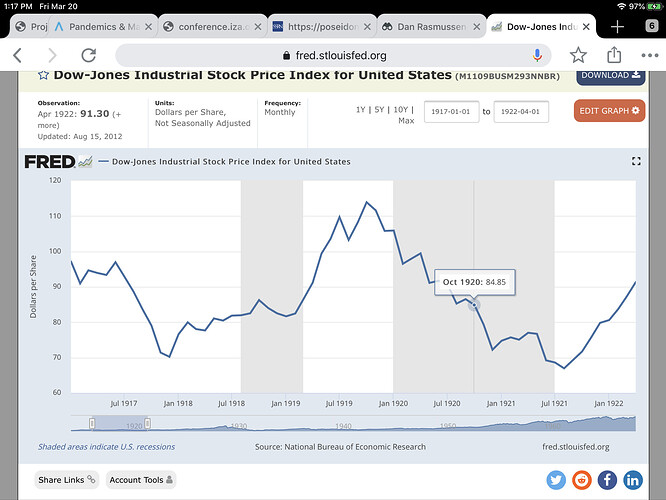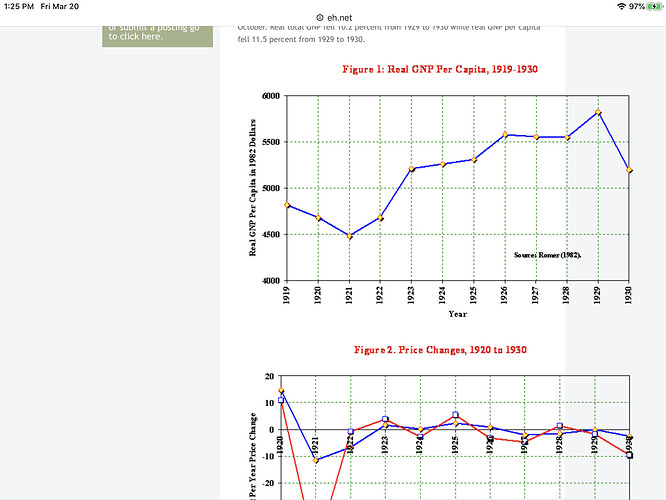Sterling,
I generally agree with you… I sold 90% of equities in 2017 or so… and missed those rallies. I no longer got the markets at that point. I stopped using p123 for most of that time except for some etf timer systems.
Big picture world view… a lot of rich people and investors I spoke with over last five years felt like so long as interest rates were near zero, growth stocks and stock etfs were the place to be. A lot of money flooded into risk assets and passive strategies and volatility targeted ‘risk parity’ and similar systems.
Etfs more than 50% of the market now. So, as stocks get more expensive, and as market cap rises… the etf has to hold more of it. These become defacto momentum traders.
The epidemic came. Impacts on earnings and duration are both very uncertain. With huge range of possible outcomes. Drawdowns led to forced selling and cash raising by automated systems. On retail side, Baby boomers can’t afford losses now, and younger investors experiencing first DD event. Likely, we’ll have multiple rounds of containment and isolation… with disease numbers possibly larger in round two and/or three. At least, this is what happened with Spanish flu. Hopefully not. Hopefully existing treatments can be repurposed and death rate lower than current projections.
Central banks and govts stepping in around world with lower interest rates, cash injections.
If disease course changes fast for the good, markets will race backs. But… if this drags on, will not be enough. And will spread through demand and falling productivity, wages, growth and money velocity into other spaces and pose, potentially large shock that take years to unwind.
Bonds may not be repaid. Debt, including asset backed debt, may not be collectible.
Valuations still high on historic basis.
So… what to do depends on risk appetite and time horizon and earning power. For older people at or near retirement with close to enough to live on, capital preservation against lower probability downside events is key. So, cash… short term bonds… very low equity allocations…
For people early In career or with high earnings power… may start expanding equity allocations now and investing over next 4-12 months in equal chunks if cash on the sidelines to do it.
Volatility will likely remain high, off and on, for 2-6 months…
I don’t know when to buy…
Likely any time from april to January… easiest thing is to dollar cost average in for the timing piece… and have some static ‘core’ allocation at about half of total risk budget they’d stays fixed and invested.

